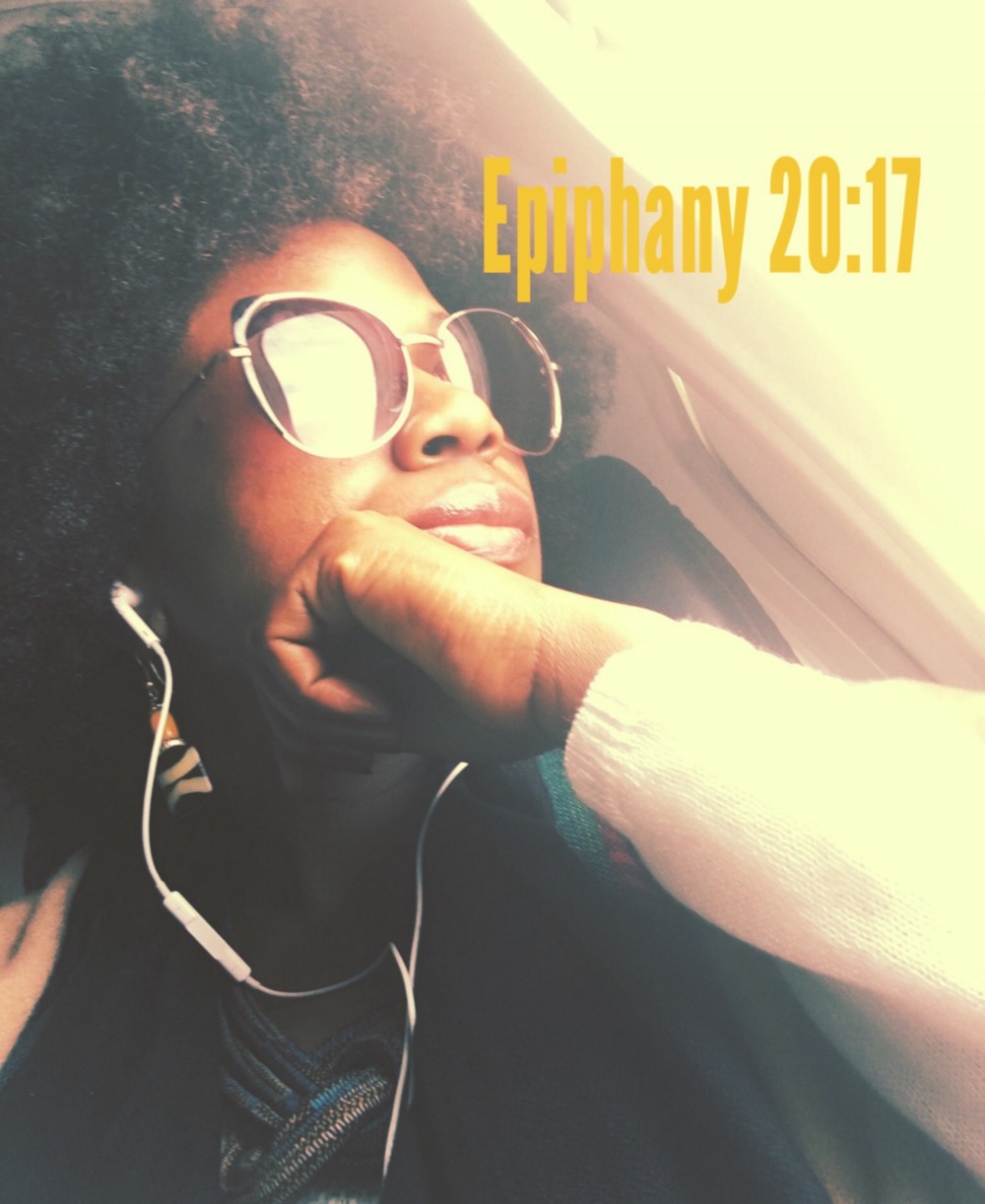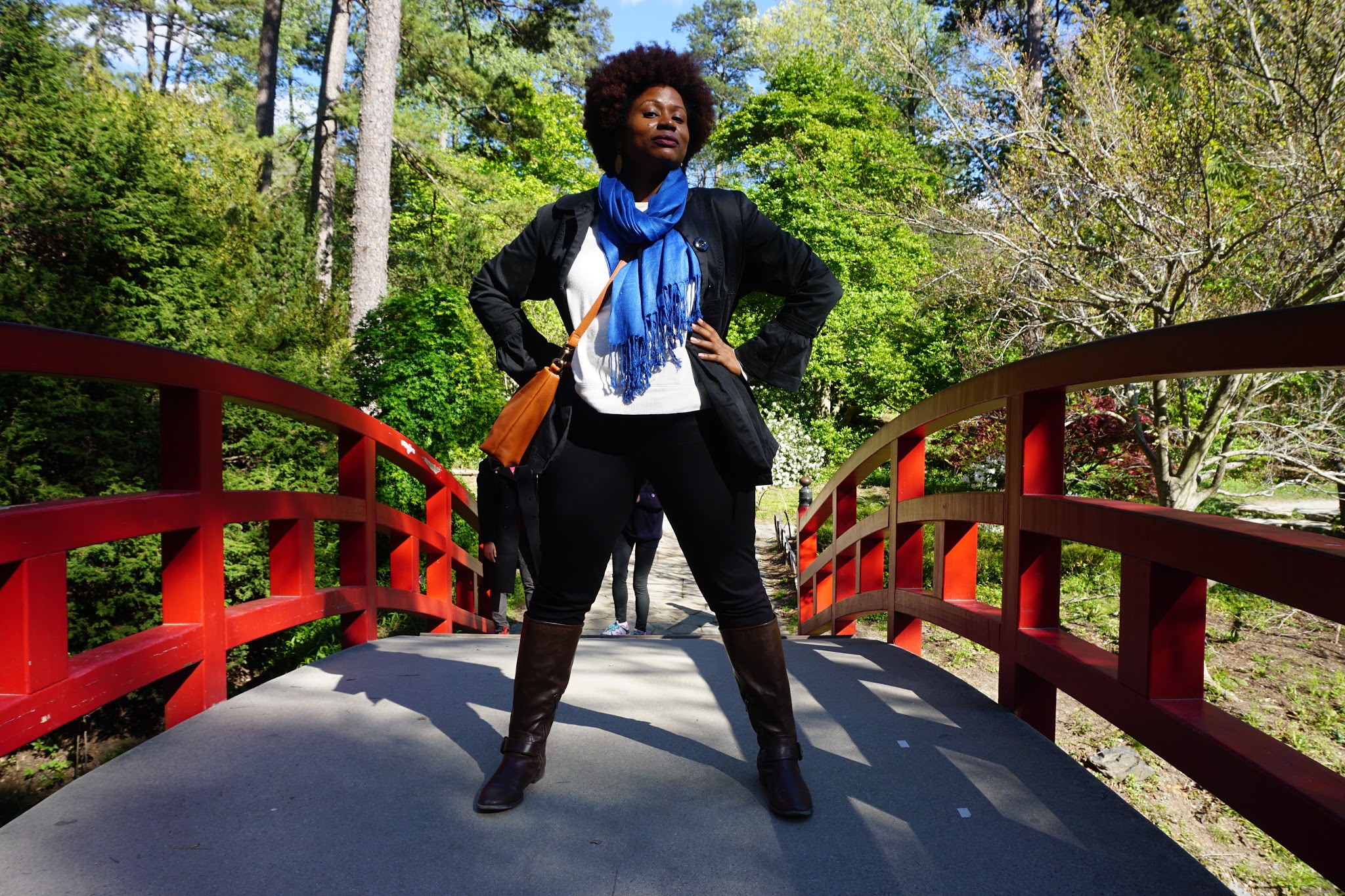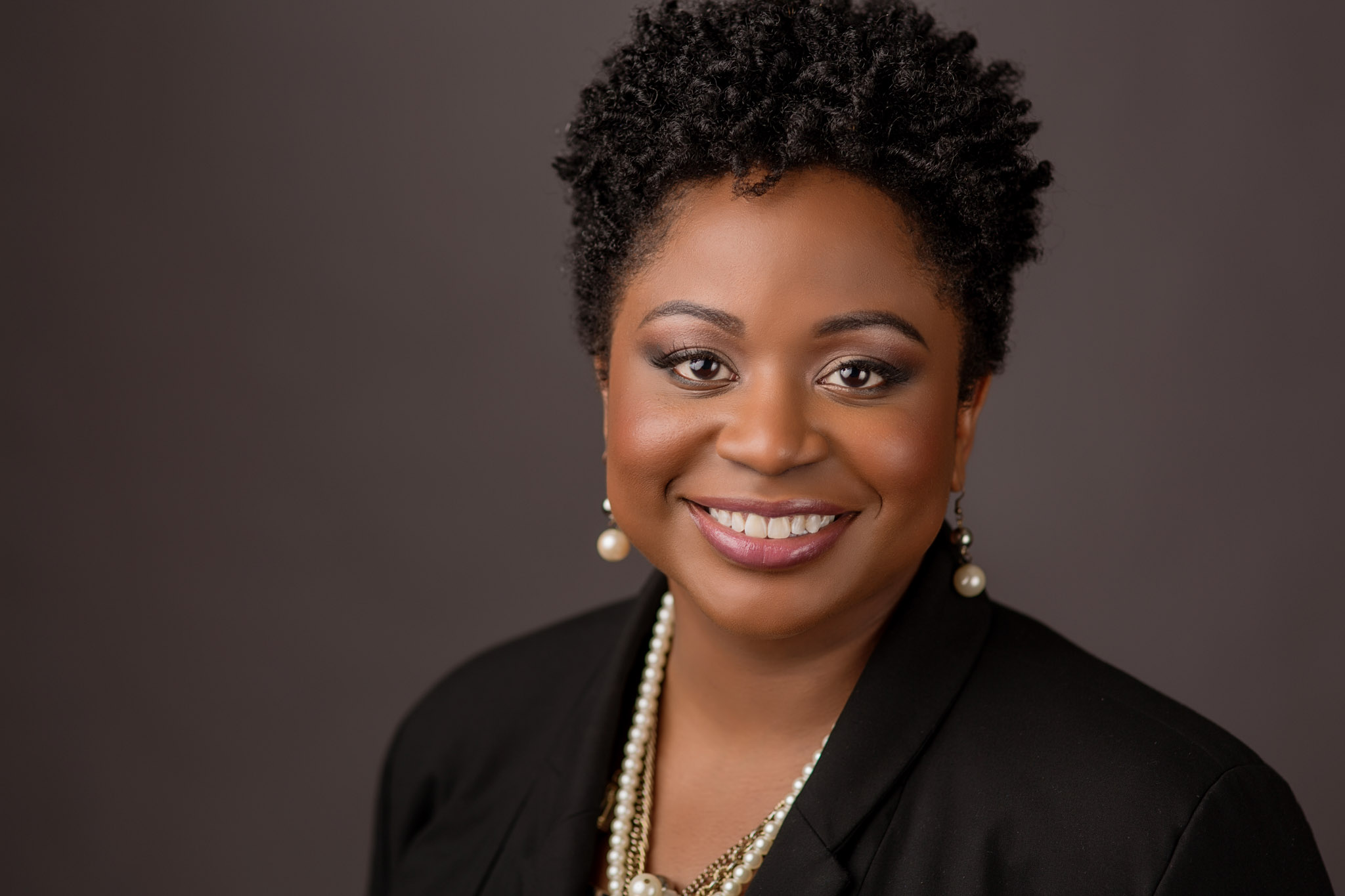Consciousness often finds its way into our lives through unique avenues. Life experience is one of those avenues. While, I do not believe that our experiences define us, they do shape our perspective and ways of living and being. I prefer to view our experiences as evidence. When organizations implement new programs, they often want programs that incorporate strategies that have been proven to work based on various tests and research. These are called evidence-based practices.
If we look at #TheLoveLife as a new program that we want to implement, then our experience(s) serve as the evidence. The tested and proven outcomes are our values and perspectives. Whether it is the experience of divorce, single motherhood, loss of parents, domestic violence, chronic illness, childhood trauma, strained family relationships, or partner infidelity; there is often a noticeable change or shift in personal perspective and spiritual growth. But, what happens when you go through different experiences, desire to move forward in life and love, but feel stuck? How do you use all of this evidence to propel you forward to a new life? We will continue to explore this question in the coming months, as I share my and others’ personal stories.
But, I want to share a couple of strategies, that I continue to practice, that will help us implement evidence-based love:
1. Relinquish control. In other words, let (it) go. Sometimes it’s difficult to move forward after our experiences because we want to maintain control over everything that happens in our lives; especially after difficult experiences. Letting go requires vulnerability and as someone who truly struggles with vulnerability, I know what a challenge this is. As we experience difficulties, we can learn to recognize and yield our perceived control. The way we do this is by connecting the experience to our understanding of purpose. The experience becomes a lens through which we view our life’s purpose. The result of the understanding and yielding is a sense of serenity with life’s circumstances. While the term serenity denotes a level of peace and calmness, it does not imply that all of our circumstances and situations are now serene and peaceful. The presence of serenity encourages an attitude of acceptance for the things within and beyond our control. Examples of how to let go:
Openly share your painful experiences with a friend without fear of judgment or ridicule
Give your significant other the opportunity to show you love without constantly criticizing the ways in which they do it
Express your emotions to someone you care about
Do something that terrifies you without trying to plan ahead of time for “the worst case scenario”
2. Adopt the evidence. So many times, we notice that our values and perspective about life and love changes after our experiences. However, too often, we notice these changes and even learn the lesson enough to share it with others. We are genuinely excited about our new lease on life, but because we do not adopt it as our own, the excitement remains embedded in empty words and no action. In order to achieve enough harmony within our emotional, spiritual and mental beings to move forward in love and life, we need to acknowledge our shifted perspective (evidence) and adopt and accept it as our own. What can you do to adopt evidence-based love into your life?
Set a life goal for the next 6 months based on a change you’ve noticed in your life; seek out an accountability partner willing to check in regularly to keep you on track
Apologize to someone you’ve offended and actively work to change behaviors that isolate you from others (negative outlook on life, gossip, bitterness, etc.)
Find ways to connect with your social circle on a deeper level and find opportunities to “do life” with them
After reading this column, determine one strategy to implement and do it, consistently, for 6 weeks
I’d love to hear your thoughts, so please share some of your challenges, strategies, etc. in the comments below!
#TheLoveLife is a campaign, movement, leadership development theory, self-help strategy/intervention, community engagement principle, cure for the ills of the world, catchy hashtag, personal mantra, and/or whatever you want or need it to be. Most importantly, it’s about embracing a different way to view your life’s journey; and I am so excited to share #TheLoveLife with you!
Margaret A. Brunson, Ph.D., MPA
Leader. Author. Luminary.
#TheLoveLife
@MBisFree



